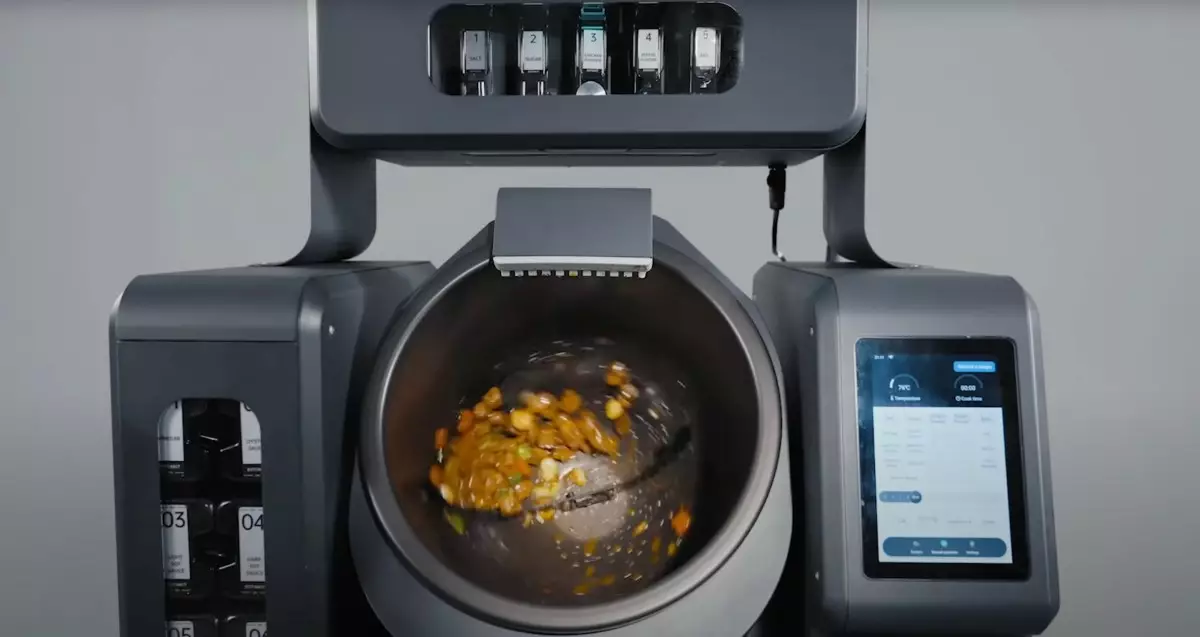Since the onset of the COVID-19 pandemic, the restaurant industry has faced unprecedented challenges, particularly concerning labor shortages. The difficulty in staffing has led many establishments to re-evaluate their operational models. This is not merely a short-term issue but a systemic challenge affecting how restaurants operate globally. With the high demand for dining experiences and the resentment towards repetitive labor tasks, the industry is forced to innovate or risk falling behind in an evolving market.
In response to staffing difficulties, a wave of startups has unveiled robotic solutions designed to fill the gap left by traditional labor. The automation movement in commercial kitchens is noteworthy because these innovations are not only functional but also cater to consumer expectations for consistency and quality. Various companies are developing robots that can automate key cooking tasks, sparing human chefs from repetitive and strenuous duties. The aim is to streamline operations while significantly reducing reliance on manpower in bustling kitchens.
One standout player in this arena is Botinkit, which has introduced the Omni system—its flagship automation product. Unlike conventional robotic solutions that might grab attention through their advanced mechanical designs, the Omni adopts a more user-friendly appearance, resembling a self-service kiosk with a touchscreen interface. This design choice underscores the emphasis on ease of use and integration into existing kitchen settings. Omni is engineered to handle various cooking methods, particularly those typically associated with wok cooking, thus filling a critical niche in Asian cuisine kitchens.
CEO Shirley Chen’s vision for Botinkit stems from her dual background as an accounting strategist and restaurant owner. This unique perspective enables her to understand the intricate balance of culinary artistry and operational efficiency. She argues that relying on human chefs often leads to inconsistency in food preparation because of the subjective nature of culinary skills. By employing the Omni system, restaurants can maintain uniformity in their dishes, which is essential in maintaining customer satisfaction and brand reputation.
The response from the investment community has been positive, as illustrated by Botinkit’s successful Series A funding rounds, which have seen their capital raised increase significantly. This influx of funds is crucial for the startup’s goal of broadening its market share. While Asia is currently the primary market for Botinkit, their ambitions extend to Europe and the United States, indicating a desire to establish global footprint.
A Brighter Horizon for the Restaurant Industry
Ultimately, as robotic solutions like Botinkit’s Omni come to fruition, the future of the restaurant industry can be seen as a blend of technology and human oversight. While the personal touch of a chef is irreplaceable in certain dining experiences, automation represents a crucial strategy for overcoming workforce challenges. Looking ahead, it’s clear that the integration of automation is set to play a vital role in shaping the restaurant landscapes of tomorrow, ensuring efficiency while adapting to the ever-changing demands of the foodservice industry.


Leave a Reply